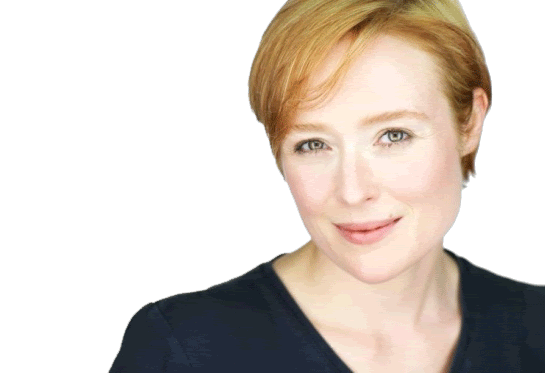Six weeks from now, we will sigh, wipe away a tear or two and begin worrying about how on earth we are going to fill the remaining Sunday evenings before Christmas. Pride and Prejudice (BBC1) will have been a triumph, a worthy successor to the corporation's acclaimed adaptation of Middlemarch.
But for 20 minutes of last night's first episode it was touch and go. There was something vaguely patronising about an opening scene that so blatantly exploited that most familiar of period drama cliches, the thundering hooves. Just for a brief moment, I thought Andrew Davies, the novel's adaptor, might have over-ruled Jane Austen and decided that Elizabeth Bennet could ride well after all. But no.
Thundering hooves mean only one thing or rather two things. Breeches and testosterone. Our leading men had arrived. "Ooh look, there's a nice house," said one. "I'll take it," said the other. And with their macho credentials duely established, they thundered off in the general direction of scene two. Just to make sure we had got the point, Elizabeth then skipped prettily down the lane in one of those nightie things that costume designers insist were worn during the day in the early 19th-century.
Then there was Carl Davis's score, the sort of classical pastiche that he churns out by the yard. For the first ten minutes I could scarcely hear anything else apart from the thundering hooves. But gradually, bar by bar, it faded into the unfailingly pretty background.
But the biggest obstacle was the female casting. We may not have been singing the score yet, but you certainly spent many of the early scenes muttering about where you've seen whatshername before? Actually, with the likes of Jennifer Ehle, Susannah Harker, Julia Sawalha and Anna Chancellor it was more a case of where hadn't you. Collectively their credits ranged from The Camomile Lawn to House of Cards, from Absolutely Fabulous to Four Weddings and a Funeral. In short, they arrive with an initially distracting amount of baggage.
Of course, their equally distinguished male counterparts do so, too but in a less unsettling way. "I don't think he would be quite so handsome if he were not quite so rich," says Elizabeth (Ehle) after catching her first glimpse of Darcy, played by Colin Firth. And she is right. Firth's Darcy broods magnificently, but is not so handsome. More importantly, however, Firth is one of those fortunate actors who manages to look different in each part he plays. The same cannot be said of the instantly recognisable, strong-featured faces of Ehle, Harker and Chancellor.
Casting such well known actresses, however, does have two important benefits. First, we know perfectly well that by episode three we will have forgotten that they ever played anyone else and second, it makes keeping tabs on who's who (with everyone wearing the same frocks and hair) a great deal easier. Only when he had got down to the Lucas daughters was Davies reduced to such helpful reminders as: "Oh look, Charlotte has come."
But all these reservations (together with a minor worry about whether Darcy would have played billiards with a modern style cue) began to pass after 20 minutes. Ehle and Harker may not be everybody's idea of Elizabeth and Jane Bennet, but they have the spirited wit, the intelligence and the charm that Austen would have wanted.
As for the author's humour, it is in safe hands with Davies gently tickling the lines into shapes acceptable to the modern ear, and Benjamin Whitrow and Alison Steadman as Mr and Mrs Bennet having a whale of a time delivering them. Anyone who thinks Steadman might be just a teensy bit over the top need only return to the book for reassurance. It's all there.
Friday, January 13, 2006
Those were the days
Remember back in the good old days when Pride and Prejudice was screened for the very first time? No, me neither, but here's a review of the first screening of the first episode. By Matthew Bond of The Times, 25th September 1995.
Subscribe to:
Post Comments (Atom)




No comments:
Post a Comment